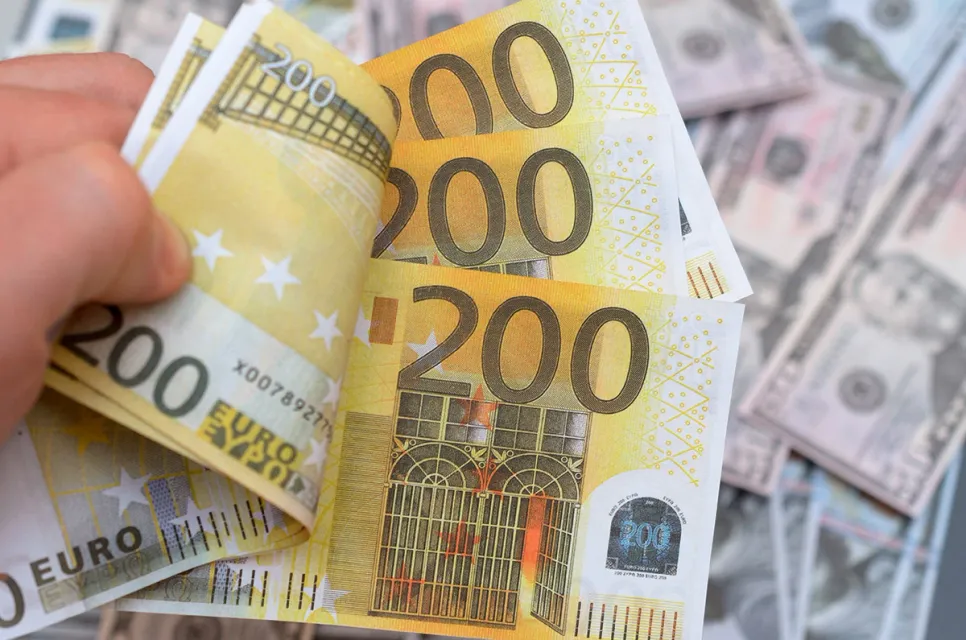Netflix Stands Firm on Warner Bros Deal
Netflix reiterated its commitment to its agreed transaction with Warner Bros. Discovery (WBD).

The European Commission has adopted a legislative proposal to make instant payments in euros, available to all citizens and businesses holding a bank account in the EU and EEA countries. The proposal aims to ensure that instant payments in euros are affordable, secure, and processed without hindrance across the EU.
Instant payments allow people to transfer money at any time of any day within ten seconds. This is much faster compared to traditional credit transfers, which are received by payment service providers only during business hours and arrive at the payee's account only by the following business day, which could take up to three calendar days. Instant payments significantly increase speed and convenience for consumers, for example when paying bills or receiving urgent transfers. In addition, they help to significantly improve cash flow, and bring cost savings for businesses, especially for SMEs, including retailers.
They free up money currently locked in transit in the financial system, the so-called ‘payment float', which can be used sooner for consumption or investment (almost €200 billion are locked on any given day). But at the beginning of 2022, only 11% of all euro credit transfers in the EU were instant. This proposal aims to remove the barriers that prevent instant payments and their benefits to become more widespread.
The proposal, which amends and modernizes the 2012 Regulation on the Single Euro Payments Regulation (SEPA), consists of four requirements regarding euro instant payments. The first one is making instant euro payments universally available, with an obligation on EU payment service providers that already offer credit transfers in euro to offer also their instant version within a defined period. The second is making instant euro payments affordable, with an obligation on payment service providers to ensure that the price charged for instant payments in euro does not exceed the price charged for traditional, non-instant credit transfers in euro.
The third requirement is increasing trust in instant payments, with an obligation on providers to verify the match between the bank account number and the name of the beneficiary provided by the payer to alert the payer of a possible mistake or fraud before the payment is made. The final requirement is removing friction in the processing of instant euro payments while preserving the effectiveness of screening persons that are subject to EU sanctions, through a procedure whereby payment service providers will verify at least daily their clients against EU sanctions lists, instead of screening all transactions one by one.
EC believes that this proposal will support innovation and competition in the EU payments market, in full conformity with existing rules on sanctions and fighting financial crime. It will also contribute to the EC's wider objectives on digitalization and open strategic autonomy. This initiative aligns with the EC's priority of delivering an economy that works for people and creates a more attractive investment environment.